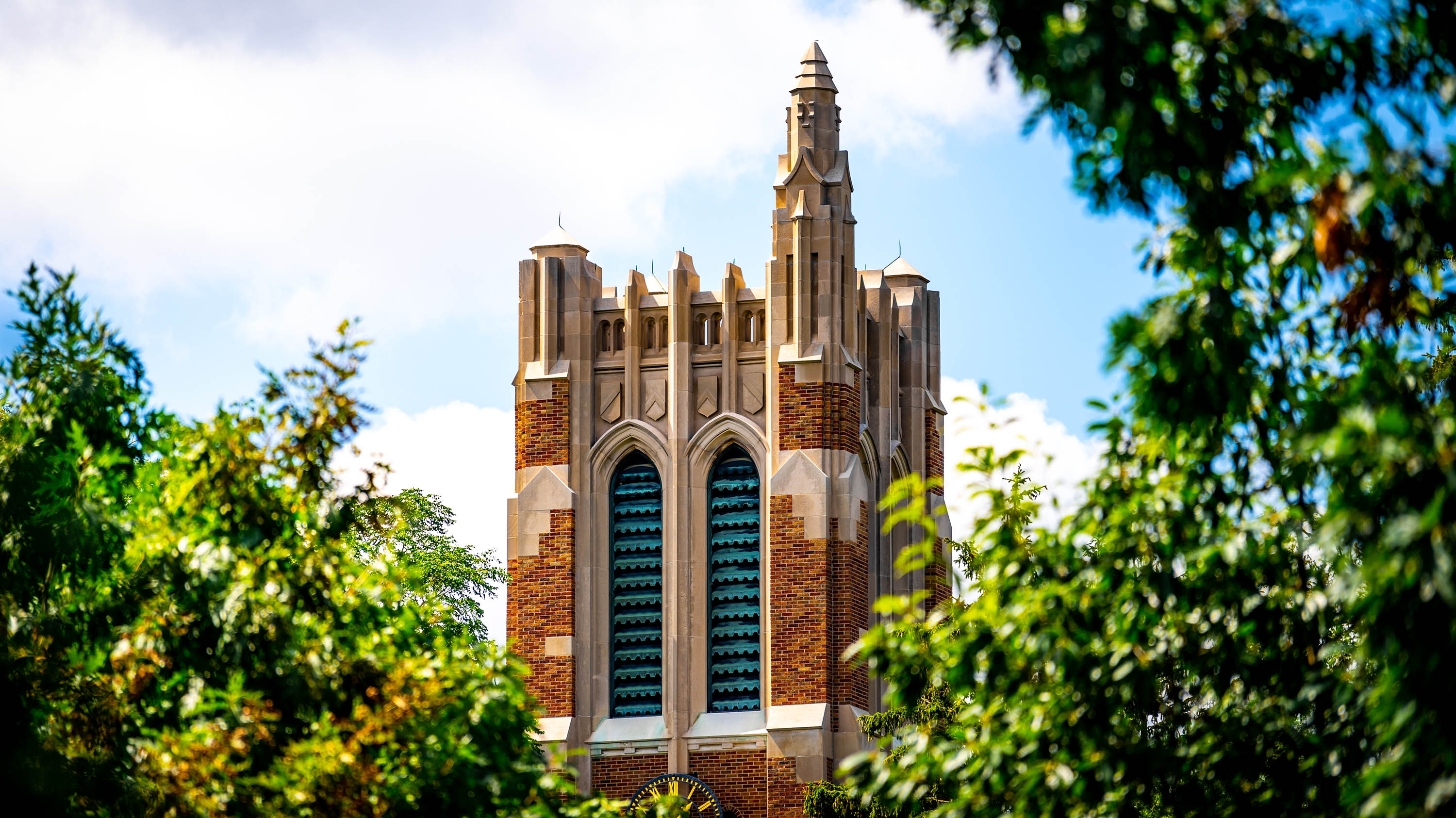DEI Strategic Planning Implementation Steering Committee fall updates
November 7, 2024 - Henry Mochida

Michigan State University is committed to fostering diversity, equity and inclusion across its academic and administrative endeavors. In this update, we'll explore the progress made in DEI initiatives in key offices: Academic Affairs, FASA, Health Sciences and MSU Extension. These ongoing efforts are aligned with the DEI Report and Plan recommendations and exemplify MSU's dedication to creating an inclusive and equitable campus community.
Academic Affairs expands community engagement and inclusion resources
In Academic Affairs, the Office of University Outreach and Engagement, or UOE, at Michigan State University, is advancing its commitment to diversity, equity and inclusion through various programs and partnerships. UOE's Office of Public Engagement Scholarship offers workshops, certifications and training, such as the Community-Engaged Learning Syllabus Redesign and a speaker series on topics like anti-racism and equity. It also provides resources like the Reciprocal Research Guidebook, Community-Engaged Research Fellows Program, and professional development programs for faculty and students, including anti-racist community-engaged learning. The Urban Community Engagement Fellows program, launched in 2024 with the Graduate School, partners graduate fellows with Southwest Lansing community leaders. UOE has strengthened its partnerships with Michigan’s Tribal communities, supported by Kevin Leonard, Ph.D., the newly appointed permanent director of the Native American Institute. Additionally, MSU’s Native American Tuition Advantage Program now provides in-state tuition for out-of-state Native American students, promoting college access and affordability. The Center for Teaching and Learning Innovation also supports inclusive pedagogy with workshops and in-service training for faculty across departments.
FASA makes progress in advancing diversity and equity initiatives
From July to September 2024, the Office for Faculty and Academic Staff Affairs, or FASA, in collaboration with other groups, made notable progress on initiatives to increase diversity and ensure equity within the organization. Key advancements in diversity include integrating DEI principles into the reappointment, promotion and tenure process, developing a leadership initiative for strategic planning, and forming workgroups focused on fixed-term promotions and race and ethnicity data reporting. Efforts to ensure equity involved updating faculty rights policies, implementing the Preventing Pass the Harasser policy, and launching the Safe Environment Task Force recommendations. Additional initiatives included advancing religious accommodation policies, hosting a public summit on sexual harassment prevention and creating equitable support policies like the Course Fee Courtesy Program and summer retirement savings adjustments.
Health Sciences champions diversity, equity and inclusion across colleges and communities
Michigan State University Health Sciences, comprising the colleges of Human Medicine, Osteopathic Medicine, Nursing and MSU Health Care, is advancing DEI strategic priorities through curriculum updates, professional development and fair faculty promotion practices. Efforts include supporting first-generation, low-income and underrepresented students through summer bridge programs, recruiting diverse students for community-engaged learning and guiding researchers on working with diverse populations. Collaborations across Michigan aim to improve healthcare access and outcomes for underserved communities, with partnerships to expand cancer care in Grand Rapids, Lansing and Detroit. Each college also has its specific DEI initiatives, such as the College of Osteopathic Medicine’s new student DEI orientation and curriculum integration, the College of Human Medicine’s ABLE program for underrepresented students, and the College of Nursing’s holistic admissions process and involvement in diversity-focused conferences and training.
MSU Extension enhances outreach and engagement through multicultural workshops, civil rights training and global partnerships
MSU Extension recently hosted a series of multicultural and civil rights awareness initiatives to foster diversity, equity and inclusion within the university community. These efforts included a two-day Multicultural Self-Awareness Workshop at the Ziibiwing Center of Anishinaabe Culture and Lifeways in Mount Pleasant. Participants engaged with Saginaw Chippewa Tribal history and Indigenous knowledge of the natural world. MSU Extension also conducted civil rights training for its advisory board, new staff and professionals across the state, covering key legislation and compliance practices. Monthly webinars provided DEI resources to staff on topics such as Women's History Month and LGBTQIA+ topics. Additionally, MSU Extension partnered with North Carolina Agricultural and Technical State University to offer internships, collaborated with Morocco’s Mohammed VI Polytechnic University on a Global DEI Network, and hosted the inaugural Jr. Minorities in Agriculture, Natural Resources and Related Sciences Leadership Symposium to inspire young leaders in agriculture.

